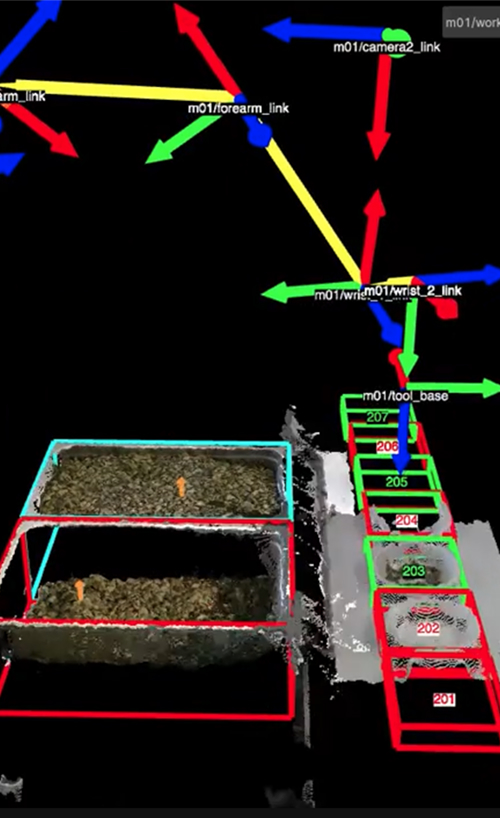
How Amy’s Kitchen Used Chef Robots to Improve Product Consistency by 12%
Beyond improving consistency, the company increased labor productivity by 17% and reduced food giveaway by 4%.

About Amy’s Kitchen
Amy’s Kitchen is a family-owned manufacturer of organic, vegetarian frozen meals and shelf-stable products. Founded in 1987 in Petaluma, California, Amy’s has grown into a leading brand in the natural foods industry, operating multiple large-scale food production facilities across the US, including California, Oregon, and Idaho. In recent years, Amy’s has also expanded into foodservice with a small chain of drive-through restaurants in California.

“The biggest wins with Chef are the quick setup and changeover time, the yield improvements, and the most impactful is the labor savings.”
Challenges
Before using Chef robots on its production lines, Amy’s was facing several challenges in its daily operations.
While demand for its meals was higher than ever following the COVID-19 pandemic, Amy’s struggled to hire and retain workers. In 2022, the company’s manufacturing plant was understaffed and recruiting costs were at an all-time high, resulting in significantly less output than the desired production volume.
Following the COVID-19 pandemic, New York became a more challenging environment to hire and retain workers. Amy's Kitchen faced labor shortages and rising overhead costs—including an increased minimum wage and turnover—which challenged its ability to meet production demand and maintain profit margins.
To overcome its staffing shortage, Amy’s embraced automation. The company tested a dozen different solutions, but none of them met Amy’s high standards for placement accuracy and aesthetics while being compatible with a high-enough number of Amy’s stock-keeping units (SKUs), and supporting frequent changeovers.
Chef’s approach
Since traditional automation didn’t provide enough flexibility, Amy’s decided to work with Chef to develop a more flexible automation solution that would increase production volume, worker productivity, and yield while also improving product quality. Equipped with AI-based perception, a collaborative robot arm, and proprietary utensils, Chef robots maximize SKU compatibility while maintaining product quality, increasing throughput, and maximizing uptime.
- AI-based perception
- Modular and portable
- Collaborative
- Flexible
- Real-time conveyor integration
- Fully deployed in two weeks
- <10-min. changeovers


“The key wins? It’s the labor savings. It’s the yield savings. It’s the ability to be reliable. And it’s the service.”
Impact
Since 2022, Chef robots have been working up to two shifts per day at Amy’s Santa Rosa facility, and later its Oregon and Idaho facilities. The robots are running at a throughput of 34 bowls per minute and accommodating two changeovers per day.
Amy’s has been able to improve deposits within the desired weight range by 12% for Chef-made meals. Beyond this quantitative improvement, the company has also seen significantly better placement accuracy and aesthetics with Chef-made meals compared to traditional automation solutions.
Since Amy’s started using Chef robots, worker productivity for Chef-made meals has increased by 17%. For example, Amy’s Chile Relleno meal used to require 12 workers on the production line. With two Chef robots, the line now requires only 10 workers to operate. Amy’s has reassigned the freed-up workers to perform with other tasks in its plant.
Beyond improved consistency and worker productivity, Chef robots have helped Amy’s reduce food giveaway by 4%, which in turn leads to improved yield. Finally, using Chef’s sensor suite and manager dashboard, Amy’s now has live data on every single deposit and can adjust deposit weights and placement positions on the fly.

Download the in-depth case study
Read the full case study, including video interviews, detailed plots, data insights, and a comprehensive overview of Chef’s business approach.








